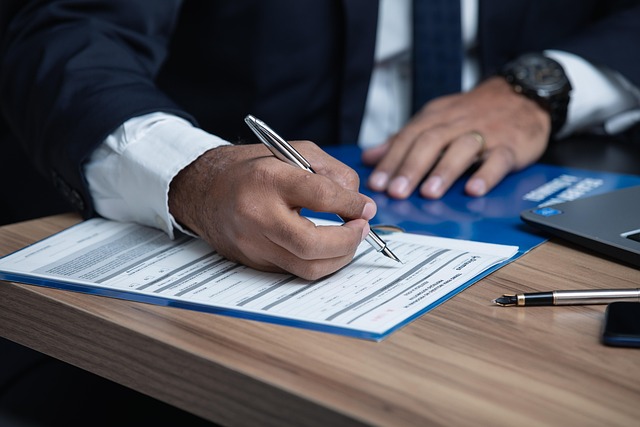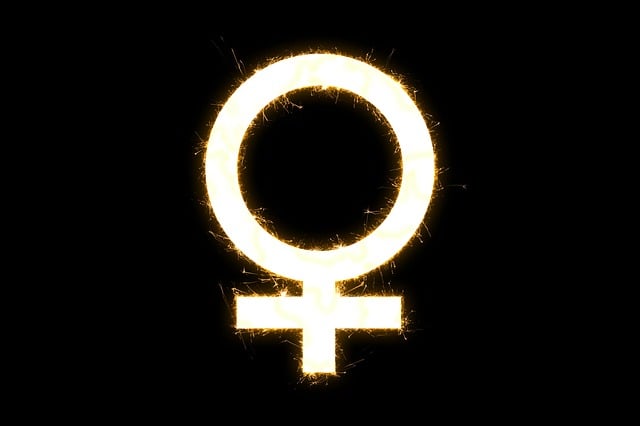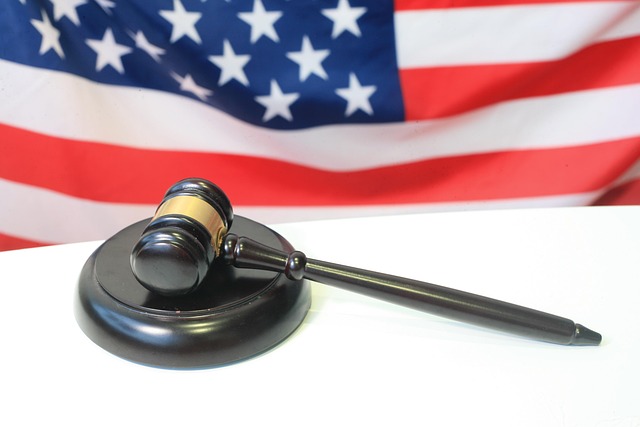Environmental Crime Trials combat ecosystem damage from pollution to climate change, holding perpetrators accountable for financial penalties & restorative actions. Navigating personal injury claims without legal aid in these complex cases is challenging but achievable through meticulous documentation and understanding rights. Holding corporations accountable sends a strong message about environmental protection laws and cultivates corporate responsibility, potentially leading to significant penalties or charge dismissals.
Environmental Crime Trials shed light on the intersection of law and ecology, holding corporations accountable for their environmental transgressions. This article delves into three key aspects: understanding these trials from a legal perspective; guiding individuals through the process of navigating personal injury claims without legal representation; and examining the profound impact of such accountability measures. By exploring these areas, we highlight the significance of ensuring justice in the face of ecological crises.
For those pursuing personal injury claims without a lawyer, this article offers invaluable insights and practical steps to assert their rights.
- Understanding Environmental Crime Trials: A Legal Perspective
- Personal Injury Claims: Navigating the Process Without Legal Representation
- The Impact and Significance of Holding Corporations Accountable for Environmental Crimes
Understanding Environmental Crime Trials: A Legal Perspective

Environmental Crime Trials represent a unique intersection of environmental law and criminal justice. These trials delve into acts that cause significant harm to ecosystems, often involving high-stakes cases with profound implications for both the planet and communities affected. From pollution and deforestation to climate change-related offenses, these legal battles aim to hold perpetrators accountable and deter future environmental crimes.
From a legal perspective, Environmental Crime Trials are crucial in ensuring justice for victims who may include local residents dealing with water contamination issues or communities facing land degradation. While some cases may result in the complete dismissal of all charges, successful prosecutions can lead to substantial financial penalties and restorative measures. This not only compensates for personal injury claims without a lawyer but also sends a strong message to both corporate entities and individuals about the importance of environmental stewardship through the actions of prosecutors, judges, and juries.
Personal Injury Claims: Navigating the Process Without Legal Representation

Navigating a personal injury claim without legal representation can be daunting, especially when dealing with complex environmental crime cases. While it’s possible to pursue such a claim pro se (without a lawyer), understanding the intricacies involved is vital. Environmental crimes often intersect with white-collar defenses, requiring knowledge of both civil and criminal procedures. This process involves meticulous documentation, evidence collection, and adherence to legal deadlines, which can be challenging for those without legal expertise.
In these situations, individuals must meticulously compile their injuries’ details, including medical records, treatment costs, and pain and suffering. They should also gather evidence related to the environmental incident, such as photographs, witness statements, and any relevant documentation from regulatory bodies. While preparing for jury trials in such cases may seem intimidating, a thorough understanding of one’s rights and obligations can lead to a successful outcome, potentially resulting in a complete dismissal of all charges.
The Impact and Significance of Holding Corporations Accountable for Environmental Crimes

Holding corporations accountable for environmental crimes is paramount in addressing the devastating impact on communities and the planet. These offenses, often stemming from reckless disregard for regulations, can lead to severe consequences, including contamination of water sources, air pollution, and ecological destruction. When a corporation is found guilty, it sets a precedent that sends a strong message: no entity, regardless of size or influence, is above the law when it comes to environmental protection. This sentiment resonates deeply with victims who may have suffered from personal injury claims without a lawyer due to these corporate offenses.
The significance extends beyond punishment; it fosters a culture of responsibility and transparency. Such trials expose the inner workings of white-collar and economic crimes, where complex financial schemes often mask unethical behavior. A successful prosecution can lead to substantial penalties, asset forfeiture, and even a complete dismissal of all charges against the corporation, ensuring that justice prevails while encouraging future compliance with environmental standards. This approach not only holds corporations accountable but also encourages proactive measures to prevent similar incidents from occurring.
Environmental crime trials play a pivotal role in holding corporations accountable for their actions, ensuring environmental justice. By understanding the legal framework, individuals can also navigate personal injury claims related to environmental crimes. While seeking legal aid is beneficial, it’s not always necessary. With the right knowledge, those affected by such incidents may pursue compensation without a lawyer, empowering them to take control and demand accountability. This proactive approach contributes to a more sustainable future, where corporate responsibility and individual rights go hand in hand.






